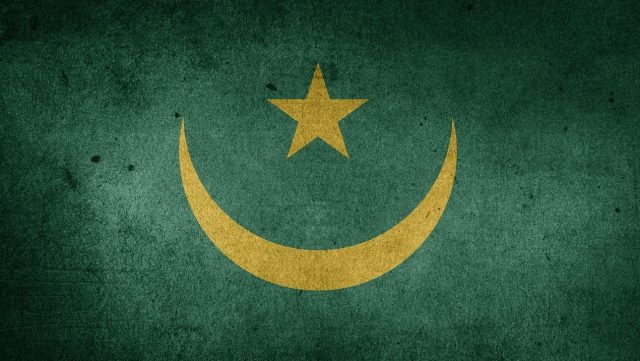Mauritania has sentenced two men to 20 years in prison and one woman to 10 years in prison for enslaving their fellow citizens. These three rulings are extraordinary in the West African country, which has exceptionally few prosecutions for slavery.
A special court in the town of Nouadhibou handed down the verdict to a man named Saleck Ould Oumar, who died before the case concluded, and his son. They were found guilty of “reducing to slavery” a family and their two children.
The woman, Ar-Rabiaa Mint Hammadi, was jailed for enslaving three sisters who she claimed she treated as her own family — though she never paid them for their work.
The prosecutor rejected her defense, saying that “there are not two kinds slavery – gentle and harsh – slavery is a crime.”
News 24 reports:
Officially, slavery was outlawed in Mauritania in 1981 but campaigners say it remains a bastion of the practice.
A hereditary system of servitude forces members of the “slave” caste to work without pay as cattle herders and domestic servants, despite the official ban.
In 2015, Mauritania adopted a new law declaring slavery a “crime against humanity” punishable by up to 20 years in jail, compared with a maximum of 10 years previously.
It also set up three specialised anti-slavery tribunals in Nouadhibou, the capital Noukachott and in the southeastern town of Nema.
Anti-slavery campaigners welcomed the verdicts as a sign of progress in the country.
“The trial went ahead smoothly, respecting the rules, and the law has been upheld,” said a lawyer for the victims, El-Id Ould Mohameden, who added “there is now hope for normalising the humanitarian situation in the country.”
Boubacar Ould Messaoud from anti-slavery association SOS Esclavage agreed. He said several similar cases “have been pending for several years” at the three anti-slavery courts, but that he has received assurances from the authorities that “these cases will be reactivated.”





Freedom United is interested in hearing from our community and welcomes relevant, informed comments, advice, and insights that advance the conversation around our campaigns and advocacy. We value inclusivity and respect within our community. To be approved, your comments should be civil.
About time. This is a good start. Lets hope it continues
Mauritania is Finally taking the fight against modern day slavery seriously. We applaud such a firm decision.
It is an encouraging start in a country where slavery is such a common practice.
It’s about time for those slave owners to face the music, where the law has punished them appropriately for their heinous crimes of enslaving others. It’s sad but so true when some people feel the need to create harsh living conditions for others, who they do not even treat with the dignity of paying them for the work the do. I hope, this will not be the last ones, who will be punished for their enslavement policies………Great
good it has to start somewhere